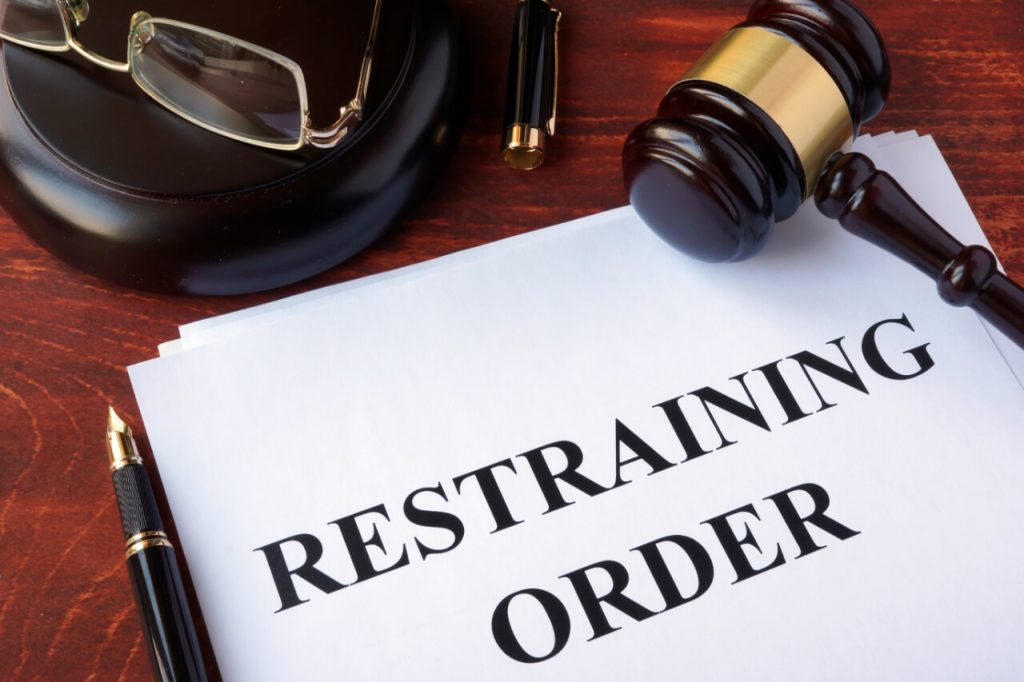Understanding Business Rules and Regulations
In the world of business, rules and regulations are an inevitable aspect that entrepreneurs and companies must navigate. From industry-specific guidelines to government mandates, compliance is essential for maintaining legality, reputation, and operational efficiency. Here are some essential tips for navigating business rules and regulations effectively.
Stay Informed and Updated
The regulatory landscape is constantly evolving, with new laws, regulations, and compliance requirements emerging regularly. To ensure compliance, businesses must stay informed and updated on changes relevant to their industry and operations. This may involve monitoring industry publications, government websites, and legal updates, as well as seeking guidance from legal experts or consultants.
Identify Applicable Regulations
Not all regulations apply to every business. Depending on factors such as industry, location, size, and nature of operations, businesses may be subject to different sets of rules and regulations. It’s essential for businesses to identify the regulations that are relevant to their specific circumstances and ensure compliance with those requirements.
Establish a Compliance Program
Establishing a formal compliance program is essential for ensuring adherence to rules and regulations. This program should include policies, procedures, and protocols designed to promote compliance, detect violations, and address non-compliance effectively. By formalizing compliance efforts, businesses can demonstrate their commitment to ethical practices and legal adherence.
Train Employees
Employees play a crucial role in ensuring compliance with rules and regulations. Providing comprehensive training on relevant laws, policies, and procedures is essential for fostering a culture of compliance within the organization. Employees should understand their responsibilities, the consequences of non-compliance, and the procedures for reporting violations.
Monitor and Audit Compliance
Regular monitoring and auditing of compliance efforts are essential for identifying areas of non-compliance and addressing potential issues proactively. This may involve conducting internal audits, reviewing processes and procedures, and assessing adherence to regulatory requirements. By monitoring compliance regularly, businesses can identify gaps or deficiencies and take corrective action as needed.
Maintain Documentation
Documentation is key to demonstrating compliance with rules and regulations. Businesses should maintain accurate records of policies, procedures, training materials, and compliance activities. Documentation should be organized, accessible, and up-to-date, allowing businesses to provide evidence of compliance in the event of an audit or investigation.
Seek Legal Advice When Needed
Navigating complex rules and regulations can be challenging, especially for small businesses or those operating in highly regulated industries. In such cases, seeking legal advice from qualified professionals is essential. A knowledgeable attorney can provide guidance on interpreting regulations, assessing compliance requirements, and addressing any legal issues that may arise.
Collaborate with Industry Peers
Networking and collaboration with industry peers can provide valuable insights and support in navigating business rules and regulations. Participating in industry associations, forums, and events allows businesses to exchange information, share best practices, and stay informed about regulatory developments affecting their sector.
Adopt a Proactive Approach
Rather than waiting for regulatory issues to arise, businesses should adopt a proactive approach to compliance. This involves continuously assessing risks, identifying areas for improvement, and implementing measures to enhance compliance. By being proactive, businesses can mitigate compliance risks and position themselves for long-term success.
Conclusion
In conclusion, navigating business rules and regulations requires diligence, awareness, and proactive effort. By staying informed, identifying applicable regulations, establishing compliance programs, training employees, monitoring compliance, maintaining documentation, seeking legal advice when needed, collaborating with industry peers, and adopting a proactive approach, businesses can navigate the complexities of regulatory compliance effectively. By prioritizing compliance, businesses can mitigate risks, enhance reputation, and maintain legal integrity in today’s dynamic business environment. Read more about rules and regulations


